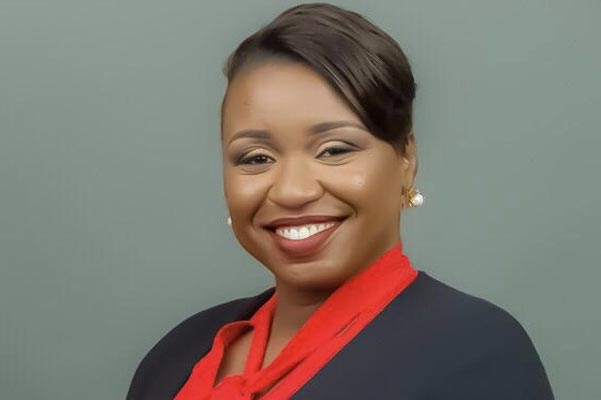
By Style Reporter
UK-based Zimbabwean philanthropist Eleanor Matabvu will in partnership with a local non-governmental organisation, Vakundi Trust, launch a support network for people going through loss of a spouse either through divorce, separation or death.
The event, to be held today at Meikles Hotel, starts at 11am ending at 5pm and will cover issues such as the legal process and medical impact in the case of divorce, separation or death of a spouse. The proposed Marriage Bill and its implications on marriages will be put to the fore, while others issues like acceptance, moving forward and forgiveness will be discussed.
The discussions will also dwell on self-love, claiming and owning one’s body as well as managing finances in the new normal.
Vakundi Trust founder Doreen Vimbai Gapare, a legal practitioner and expert in family law, inheritance and estate planning, and one Dr Makoni, a marriage counsellor and conflict resolution specialist, will chip in the discussion which will see Matabvu give her testimony on her marriage and subsequent divorce.
The support network launch is running under the theme Changing the Narrative.
Matabvu said the support network was for the purposes of engaging the difficult topic surrounding marriages.
“The network seeks to have support groups and service providers who will assist with the psychological, legal and financial impacts or implications of divorce and/or separation, and death,” she said.
- Chamisa under fire over US$120K donation
- Mavhunga puts DeMbare into Chibuku quarterfinals
- Pension funds bet on Cabora Bassa oilfields
- Councils defy govt fire tender directive
Keep Reading
“It will also focus on ensuring that support systems are in place for children who become either unwitting victims of divorce and separation and sometimes pawns in the ‘fight’ especially at divorce.”
Matabvu experienced first-hand that divorce was not something openly communicated in her community. Her observation and experience was that the majority of society did not know how to support especially women through this new journey.
“Divorce and separation is generally something frowned upon. “In my struggle to find where I fitted in and regain my place in society as someone happy and valuable member of society, the general response I got was that I should stay even when the relationship was not working,” she said.
She said working and staying in the UK and interacting with the people that side gave her the other side of managing marriage, divorce or separation.
“My divorce taught me to refocus my energy and to date, I credit some of my biggest achievements in life to how I managed my divorce,” Matabvu said.
“As a parent, my children’s future was influenced by how I managed my divorce.”
Over the years Matabvu has had several discussions and through social media interactions come to the realisation that African communities still have a lot of work to do when it comes to managing issues of divorce, separation or death of a spouse, hence the need to launch a support network.
“There is need for community engagement and to educate ourselves on how to come out of such bad situations. Yes, divorce or separation is not ideal, it is not what anybody sets out for, but if that is what you have been presented with, then how would you work with that?” she said.
She said she would like to use her skills and experience to support others.
“The questions I am faced with daily are: How do I help? How do I transfer my experience and exposure to benefit others? How do I inspire them that they indeed can continue life after divorce? How do I make others realise that they are not failures, but their relationship failed?” she said.
“The goal is to see a situation where we reduce the effects of divorce or separation and death of a spouse by effectively supporting those that are going through this journey. This is in no way advocating for divorce, instead, advocating for a healthy well-being for mother, father and children.”
Matabvu said the focus was not on women alone, adding that men need to learn good principles around managing the end of relationships.
“Men should also be made to understand how to communicate with the mother of the children, how to communicate with the children, these skills are needed by both parties,” she said.
“On further exploration, I realised the education is not just for divorced or separated people, there are people that fear what life will be like after and want to know what support is out there, if they decide to take this path.
“And also the community needs to learn its role in supporting someone going through loss of a spouse.” Gapare said if managed well, the initiative would see an improvement in physical, psychological and mental well-being of people.
“Such programmes would help in a number of ways, including reduction of stress-related illnesses, and improvement in outcomes for children and spouses. Some children are affected to the extent that perhaps they are not able to go to school or realise their full potential because they are caught up in the problems at home associated with the divorce,” Gapare said.
She said Vakundi Trust would do everything possible to support the initiative, emphasising that the ultimate goal was to change the African narrative and make progressive steps in influencing the African community.
Vakundi Trust seeks to empower women by advocating for change through changing male attitudes around gender roles and stereotypes. The organisation is committed to the United Nations’ #He For She initiative.











